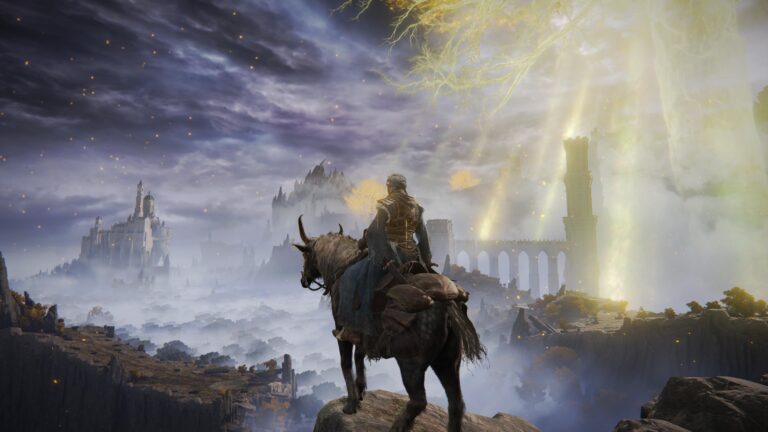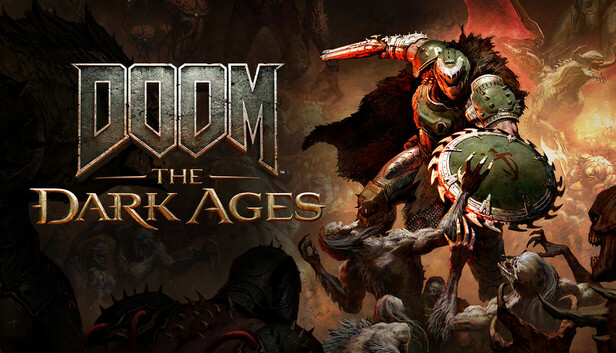Game data not found.
Story
Madō Monogatari, a revered dungeon crawler RPG developed by Compile, immerses players in a whimsical yet challenging world where magic and adventure intertwine. The game is set in a fantastical universe where players follow the journey of a young sorceress named Arle Nadja. Her quest is one of personal growth, as she seeks to graduate from her magic school by passing a series of daunting trials. The core narrative revolves around Arle’s adventures through various dungeons, each filled with monsters, puzzles, and magical challenges that test her burgeoning powers.
What makes the story of Madō Monogatari unique is its focus on character development and narrative depth, uncommon in many dungeon crawlers of its era. As players progress, they witness Arle’s evolution from a novice magic-user to a confident and skilled sorceress. Her interactions with other characters, both allies and adversaries, add layers of complexity to the plot, making it more than just a simple ‘hero’s journey.’ The game’s narrative is further enriched by the introduction of recurring antagonists, such as the mischievous Satan, whose whimsical schemes add humor and tension to Arle’s quest.
Gameplay
Madō Monogatari stands out for its first-person dungeon crawling mechanics, which were innovative for its time. The game eschews traditional RPG elements like numerical health and mana bars in favor of a more immersive experience. Players must pay attention to visual and auditory cues to gauge Arle’s health and magic levels, adding an extra layer of challenge and engagement.
Combat in Madō Monogatari is turn-based, but what sets it apart is the absence of a visible user interface during battles. Players must rely on Arle’s physical appearance and the descriptions of enemy actions to make strategic decisions. This design choice encourages players to immerse themselves more deeply into the game world and rely on their intuition and observation skills.
The game is also renowned for its intricate puzzles, which require both magical and logical solutions. Each dungeon is a labyrinth of secrets, demanding exploration and experimentation. As players progress, they unlock new spells and abilities that are essential for overcoming increasingly complex obstacles. This progression system not only enhances gameplay but also mirrors Arle’s growth as a character, making every victory feel earned and meaningful.
Graphics and Sound
For its time, Madō Monogatari boasted impressive graphics, featuring vibrant and colorful sprite art that brought its magical world to life. The character designs are charming and distinct, drawing players into the whimsical yet perilous world Arle navigates. Each dungeon is uniquely themed, with detailed backgrounds that enhance the sense of exploration and discovery.
The sound design in Madō Monogatari is equally noteworthy. The game features a memorable soundtrack that complements its fantastical setting. Each track is carefully composed to evoke the atmosphere of the various dungeons and narrative moments, from the light-hearted tunes that play during peaceful exploration to the tense and dramatic themes that accompany intense battles and climactic story events. Sound effects are also used strategically to provide feedback on Arle’s health and magic levels, reinforcing the game’s reliance on auditory clues.
Legacy and Reception
Madō Monogatari is often celebrated for its innovative approach to storytelling and gameplay in the RPG genre. Upon its release, the game received critical acclaim for its unique mechanics and engaging narrative. Players and critics alike praised its focus on character development and the immersive experience it offered by eliminating traditional RPG interfaces.
The game’s influence extends beyond its original release, as it laid the groundwork for the popular Puyo Puyo series, which features many characters and themes from Madō Monogatari. This transition from RPG to puzzle game demonstrated the versatility and enduring appeal of the game’s characters and world.
Despite being less well-known outside of Japan, Madō Monogatari has maintained a cult following among RPG enthusiasts. Its innovative mechanics and charming narrative continue to inspire game designers and players, highlighting its lasting impact on the genre. The game’s legacy is further cemented by its influence on subsequent RPGs that have adopted similar narrative-focused designs and immersive gameplay experiences.
Conclusion
Madō Monogatari is a testament to the creativity and innovation of early 1990s RPGs. Through its engaging story, immersive gameplay, and memorable audio-visual presentation, it has secured its place as a classic in the dungeon crawler genre. The game’s emphasis on character development and its unique approach to interface design set it apart from its contemporaries, offering a gaming experience that feels both nostalgic and timeless.
Its legacy is not only preserved through its own series but also through the widespread popularity of Puyo Puyo, ensuring that the enchanting world of Madō Monogatari continues to captivate new generations of players. As a pioneering title, it remains a beloved entry in the annals of RPG history, celebrated for its inventive spirit and lasting impact on the gaming landscape.















